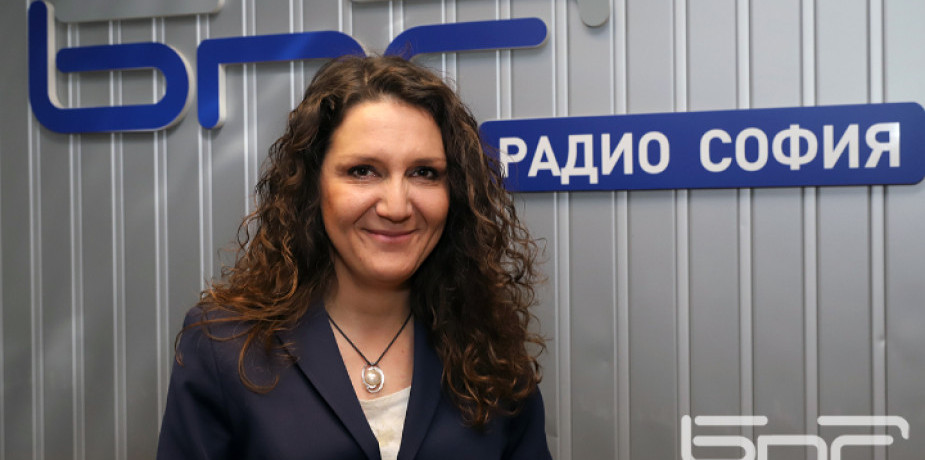Parallel distribution is part of the solution
Among the factors for the shortage of medicines is that Bulgaria is a small non-attractive market for import of medicines for the big companies. Medicines often become de-registered and leave our country. Boryana Marinkova, executive director of the Bulgarian Association for Medicines Parallel Trade Development, stated that for Radio Sofia. The goals of the organization are to ensure the access of Bulgarian patients to quality and effective medicinal products under competitive conditions, to regulate the rapid intracommunity supply of medicines in short supply and to promote parallel imports, including for deregistered products. BAMPTD maintains a platform for finding missing drugs, with 814 signals from all over the country so far. 35% of them were assisted with information on where to find the product.
Boryana Marinkova outlined specific proposals that were introduced at the National Assembly, which included providing opportunities for rapid import from any possible market and licensed wholesaler, permitting importation of deregistered products by parallel importers and making various changes to the regulations under the the size of the packages and the cuts by the parallel importers, in order to avoid unnecessary interpretations of differences in medicines.
Parallel distribution is a parallel solution to the traditional distribution network. It is a strictly controlled activity that promotes trade cooperation between EU countries and, on a purely free-market basis, strikes a balance, as well as a correction for better medicines prices. Thus, if in a country a drug is at a lower cost and is in surplus, it can be delivered to a country in short supply, explained Marinkova. This is another guaranteed route to ensuring the availability of medicines, especially in the context of the Directive on the protection of patients from counterfeit medicines.
You can hear more details about the parallel trade in medicines, the mechanisms for overcoming the shortage and the verification in Katya Vasileva’s interview with Boryana Marinkova.
Source: bnr.bg

